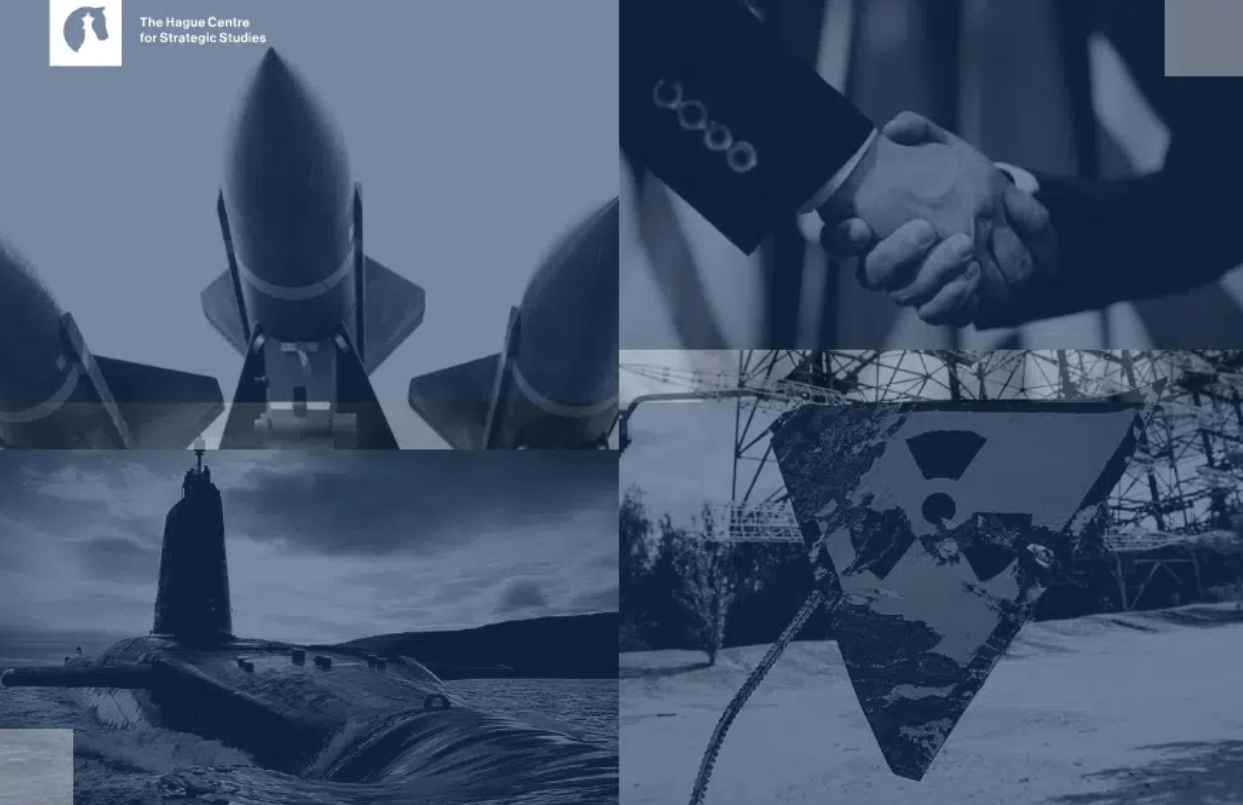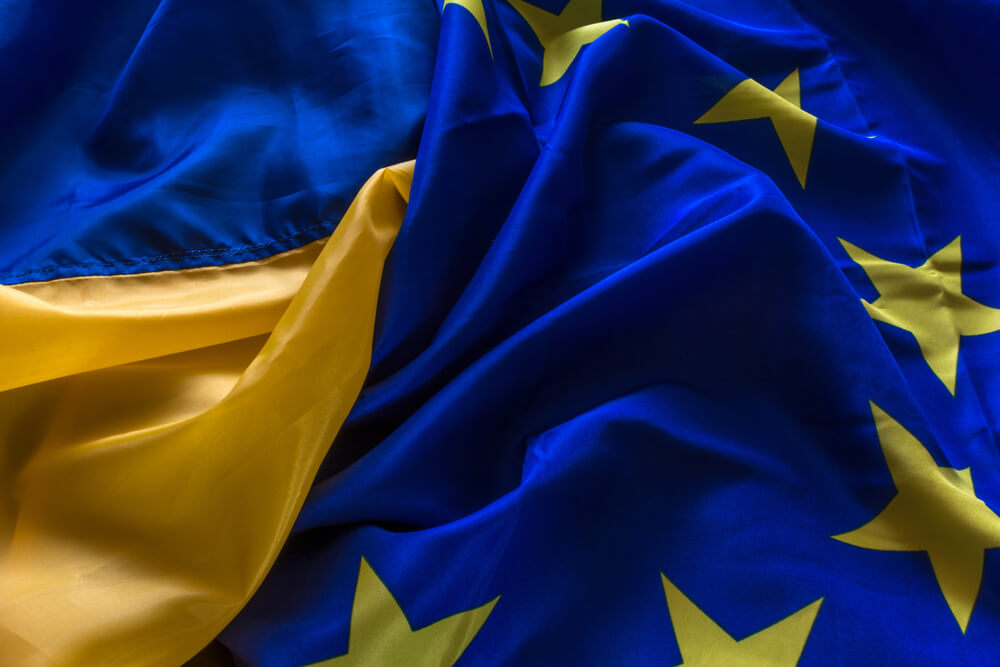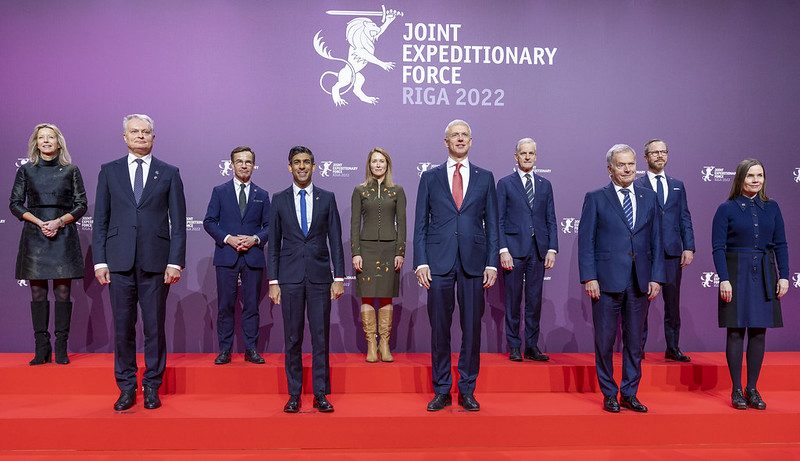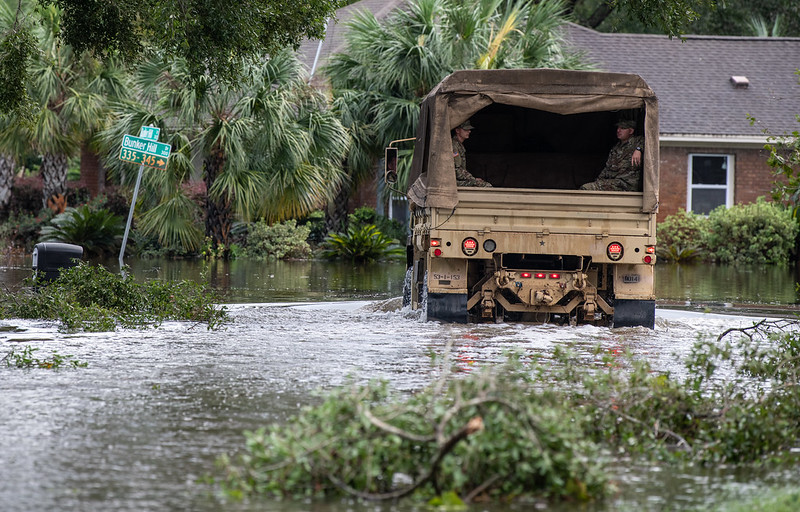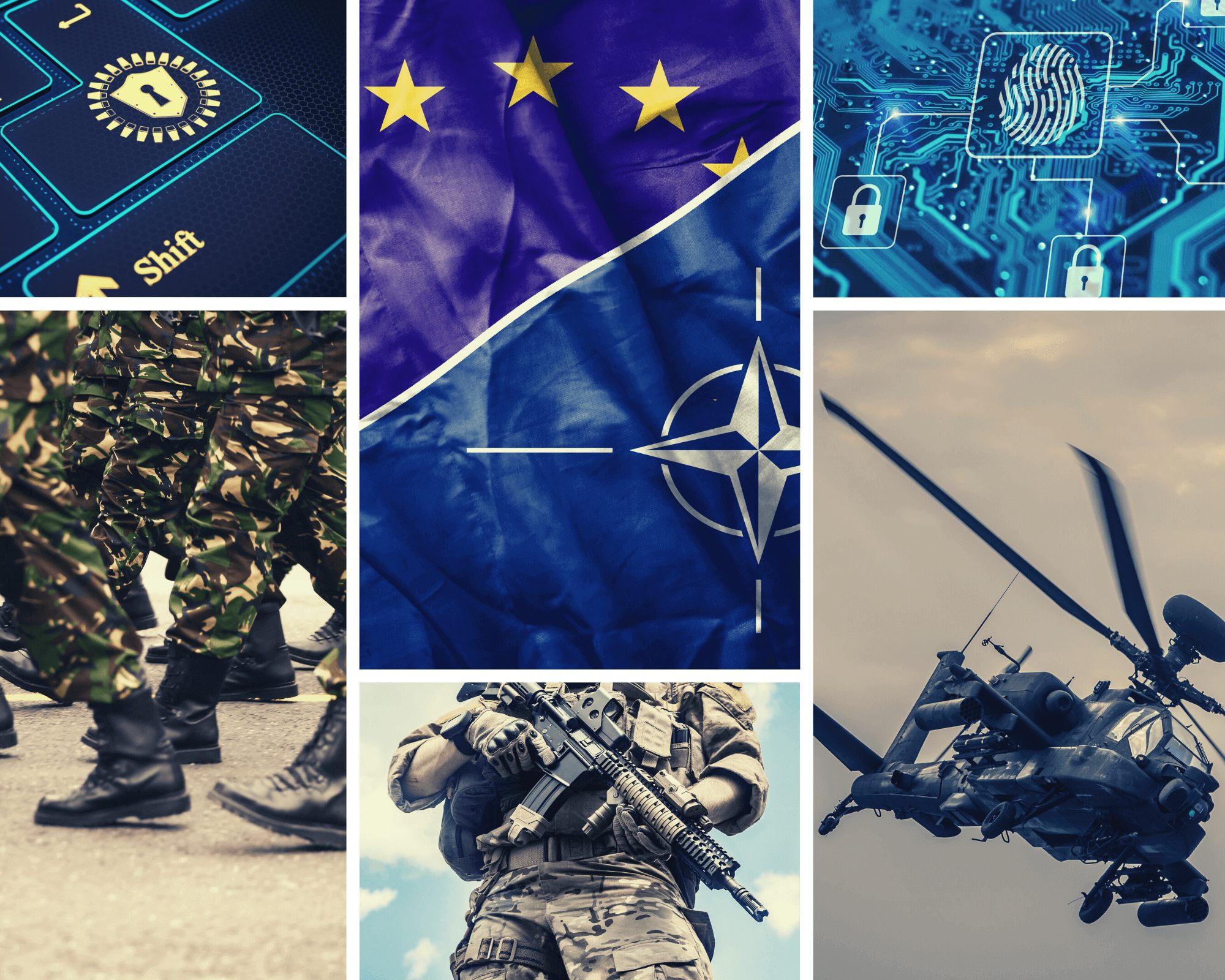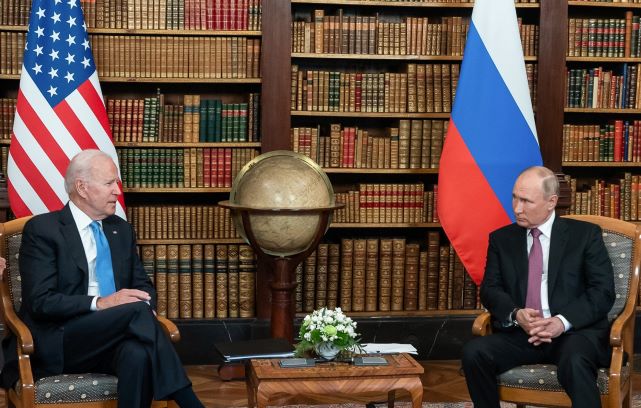Dancing in the Dark
- Read more about Dancing in the Dark
- Log in to post comments
Dancing in the Dark: The Seven Sins of Deterrence Assessment
Although the logic of deterrence and its real-world applications may appear intuitively simple and elegant, measuring its effectiveness is much more challenging. When it comes to deterrence, deterrence policymakers can in fact be likened to dancers in the dark: they may know their own deterrence moves, but they can only surmise what the intentions of their counterparts are, and how their deterrence measures shape adversarial behaviour. For analysts of deterrence, this leads to a host of empirical, theoretical, and methodological challenges.
Robust assessment and evaluation of deterrence policies are of paramount importance to improve the effectiveness of policies going forward. Addressing the seven sins of deterrence analysis by heeding the maxims listed in this report will increase the validity of deterrence assessments and provide analysts and policymakers with a toolkit to improve their evaluation of deterrence strategies.
The Authors
Tim Sweijs & Mattia Bertolini - The Hague Centre for Strategic Studies (HCSS)




